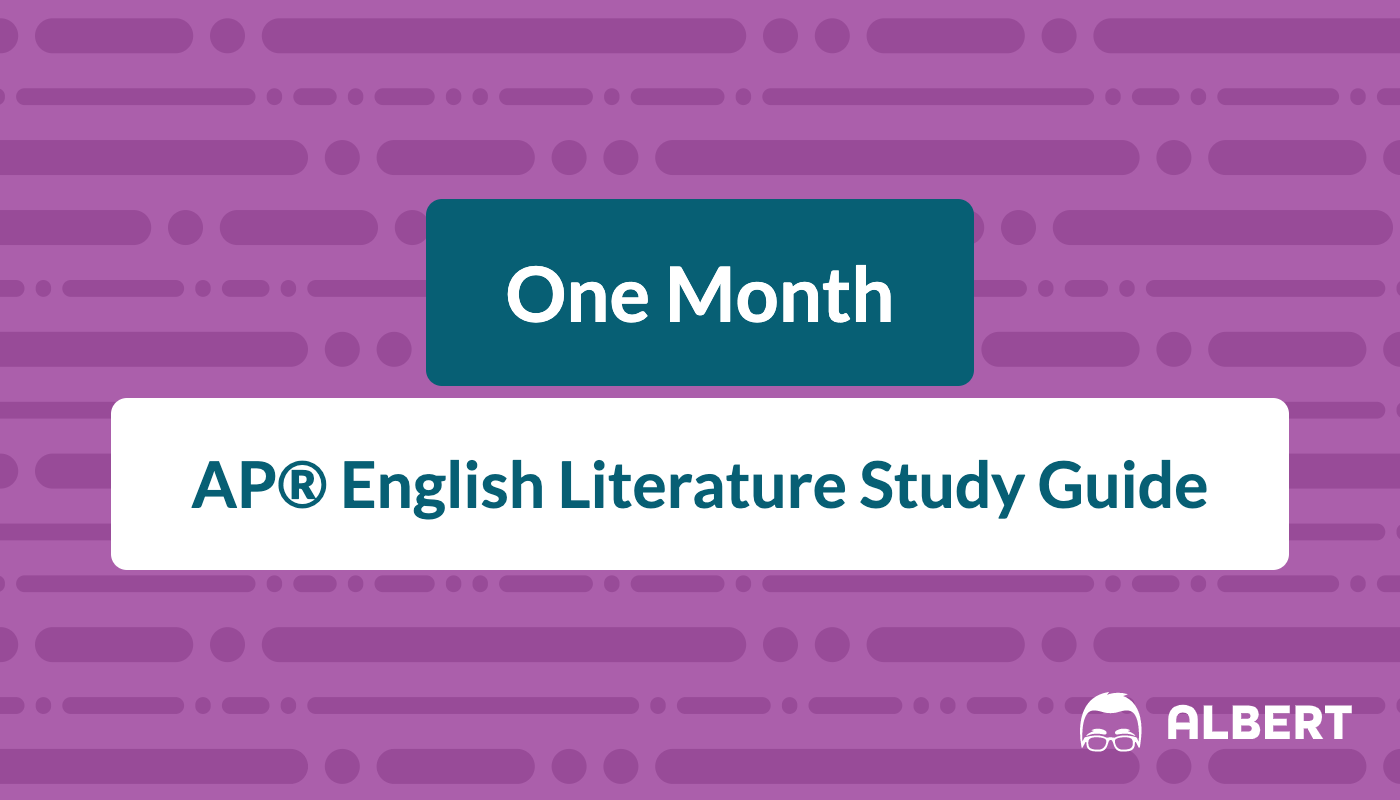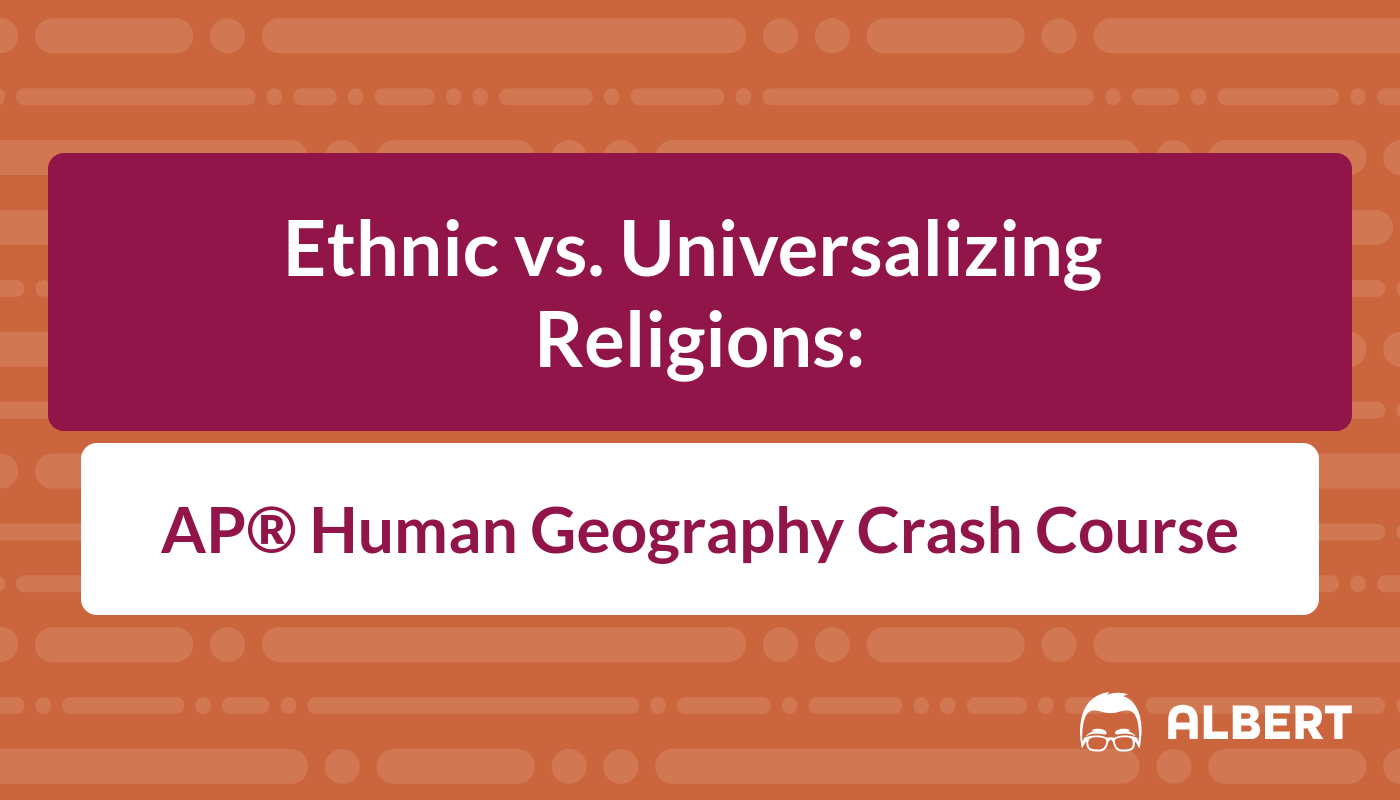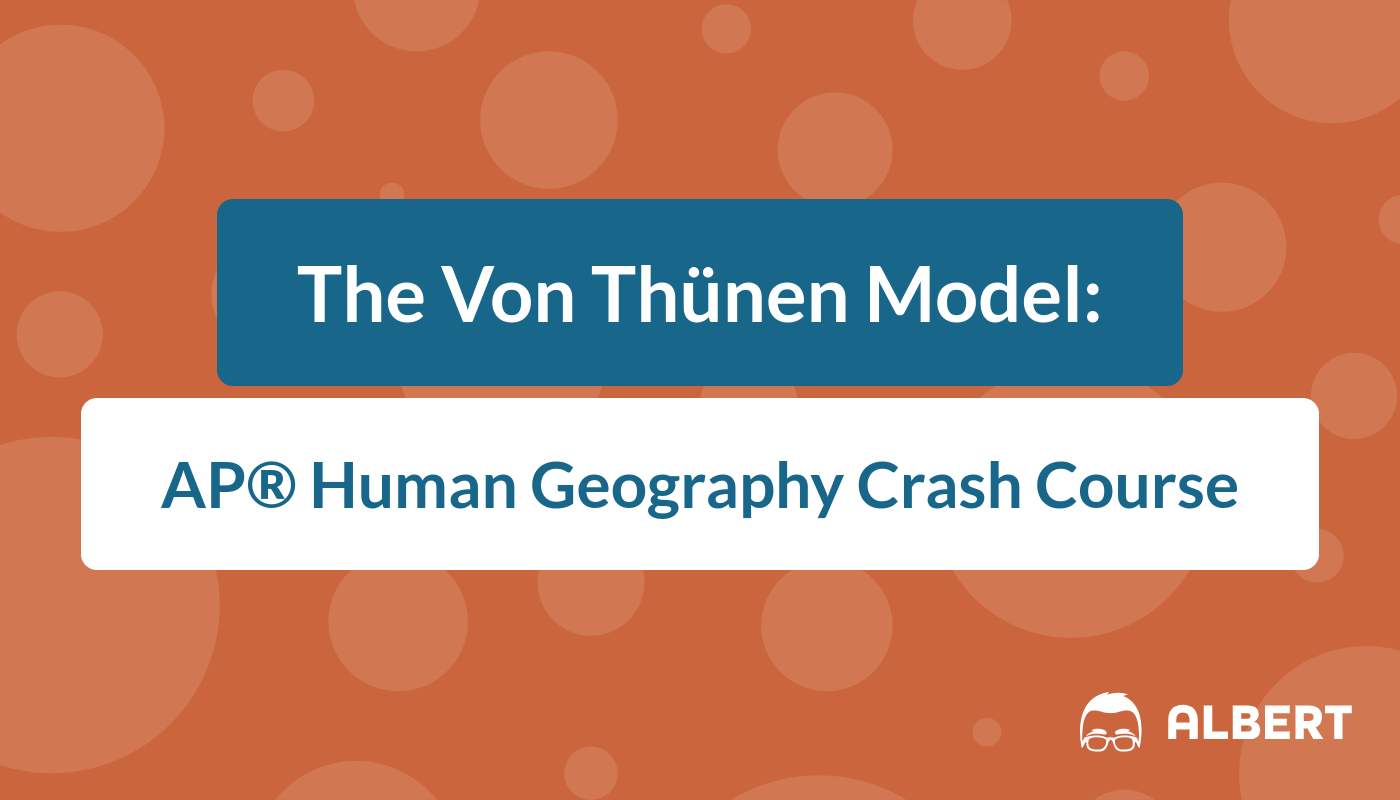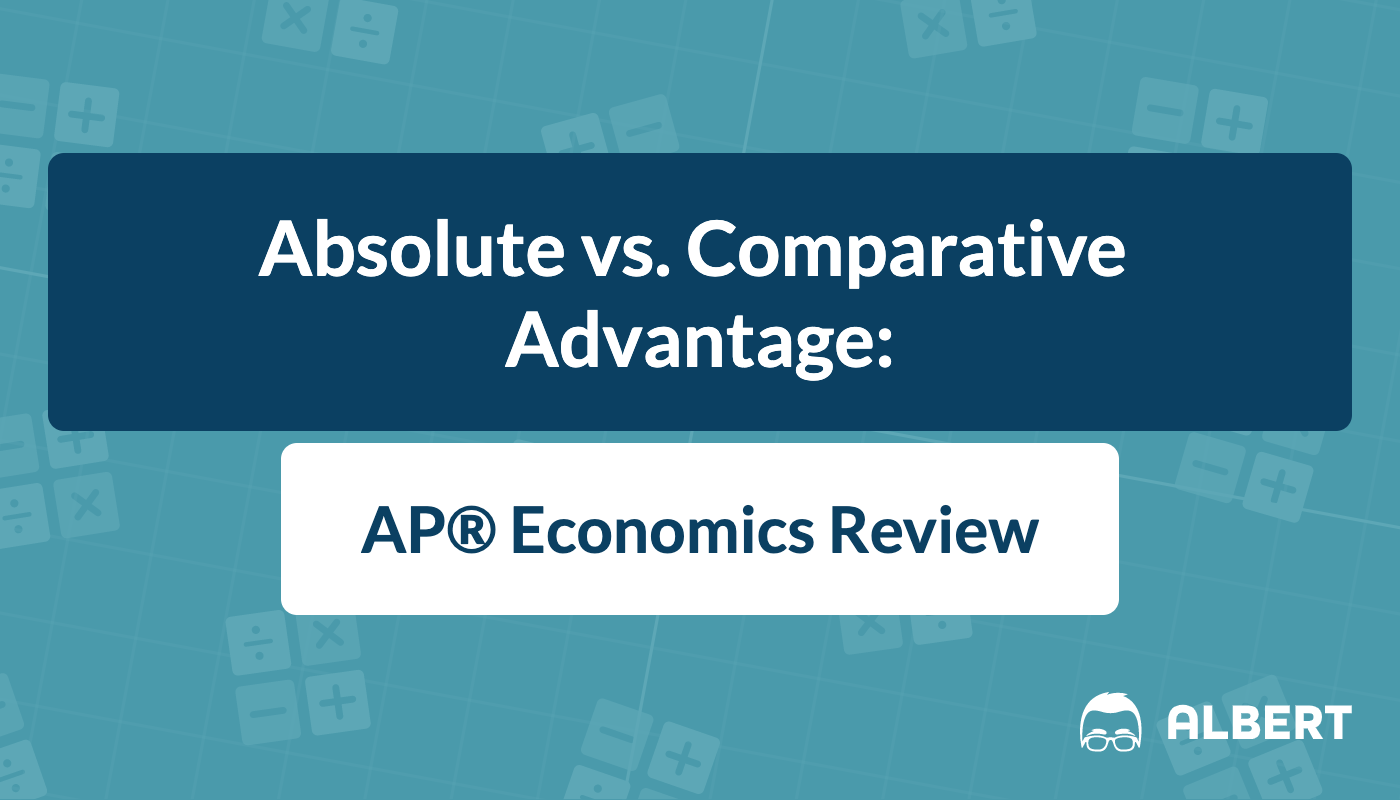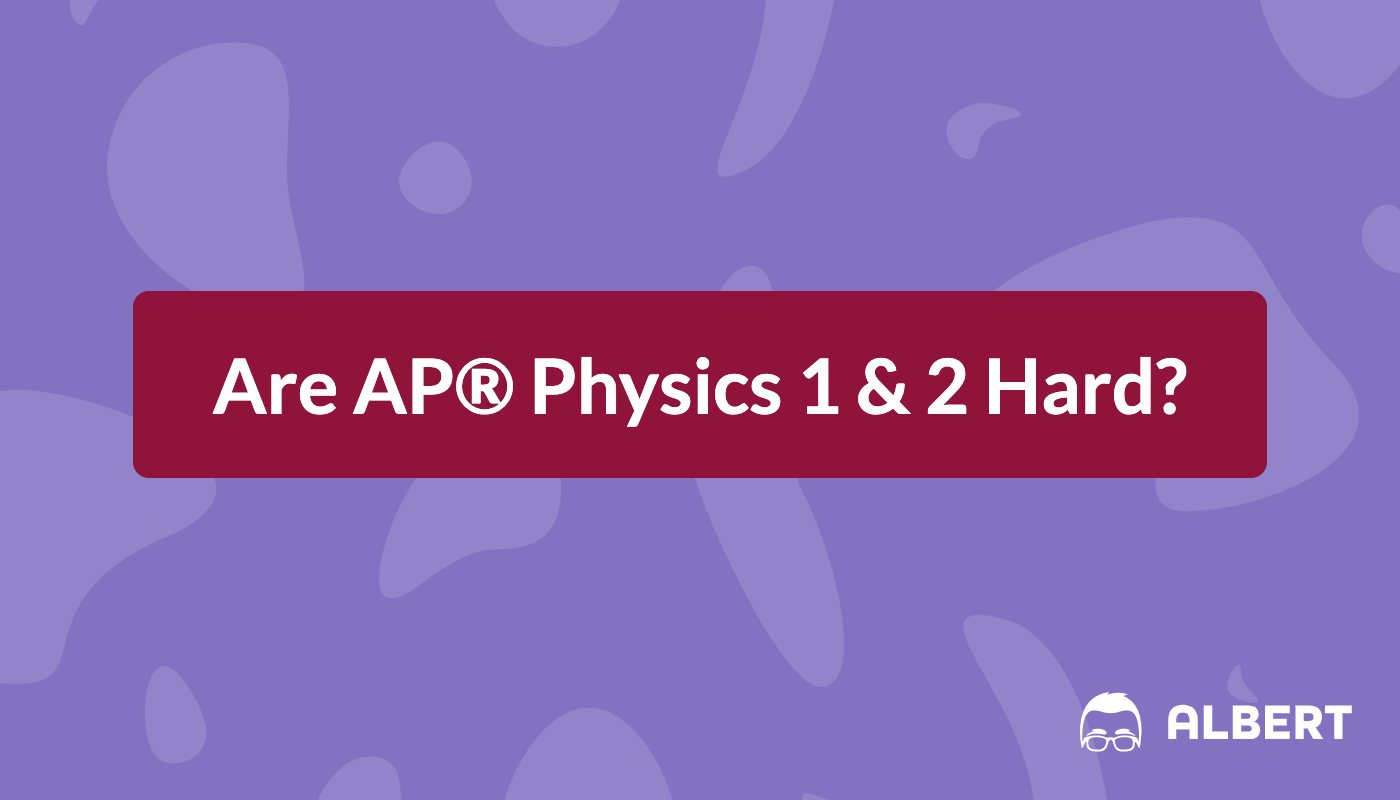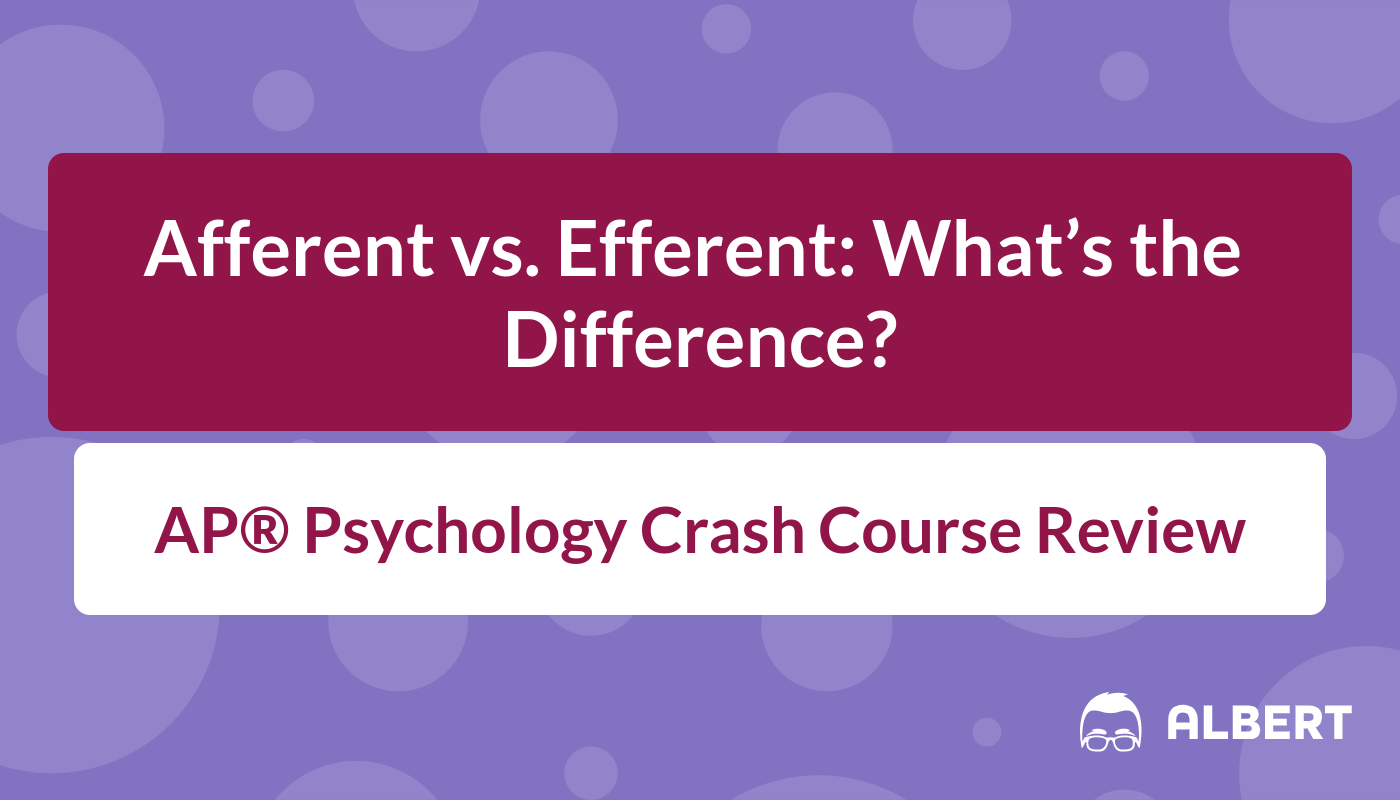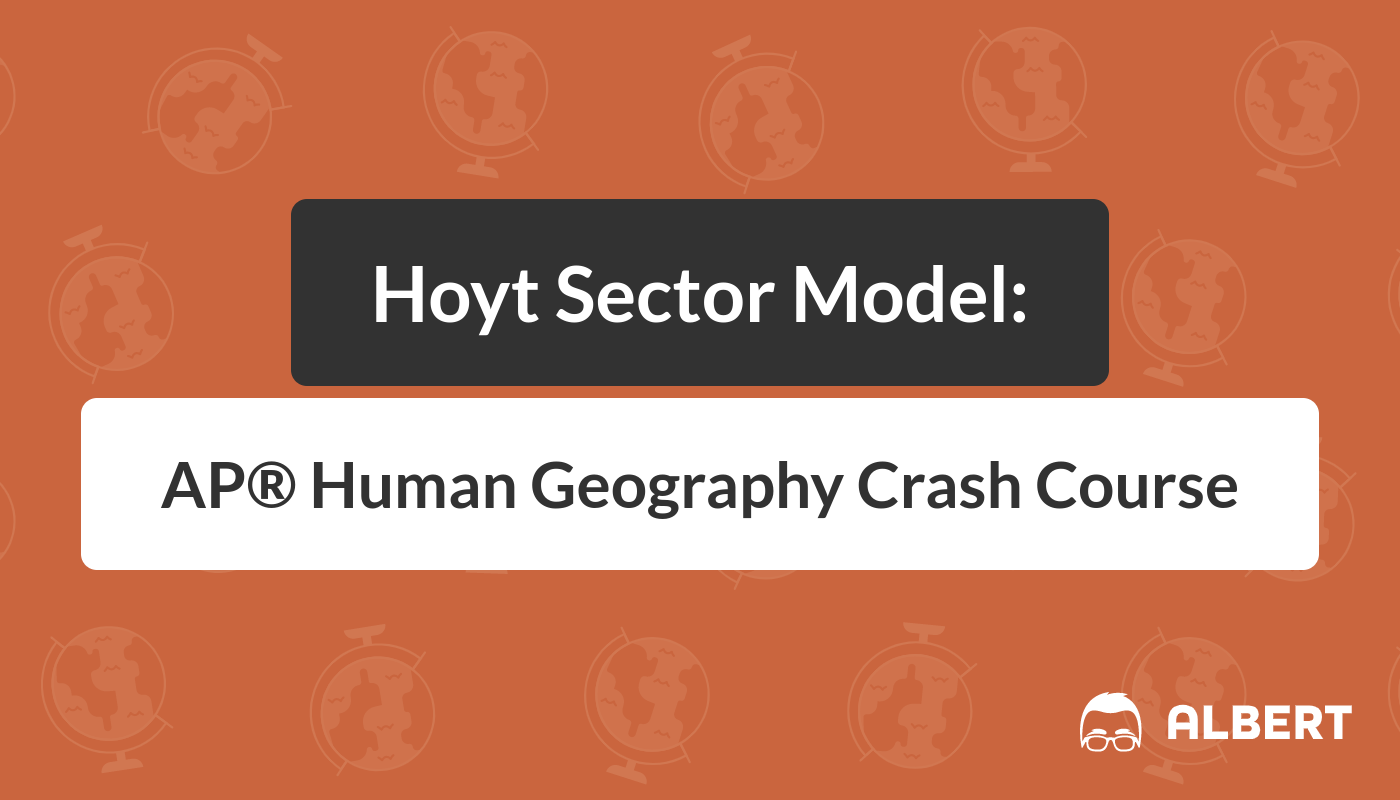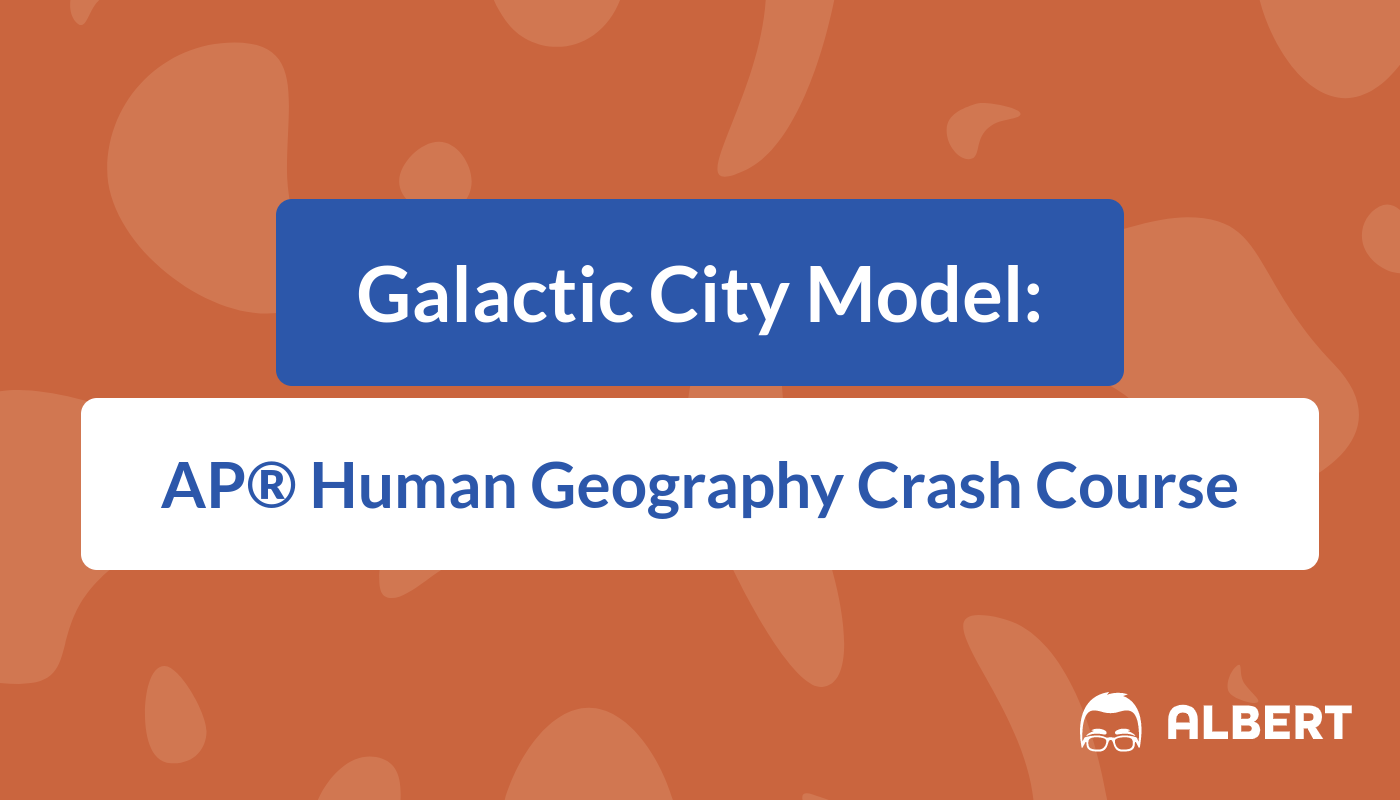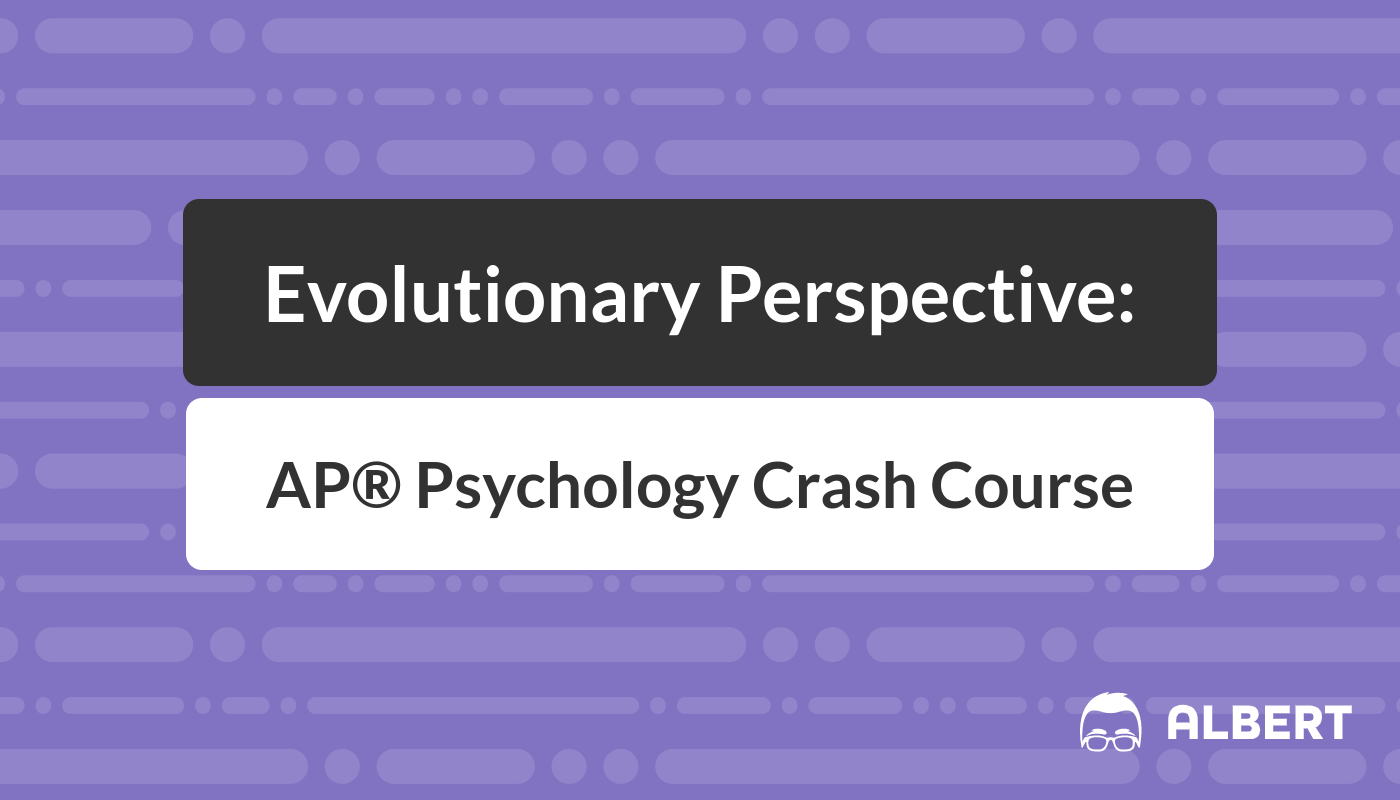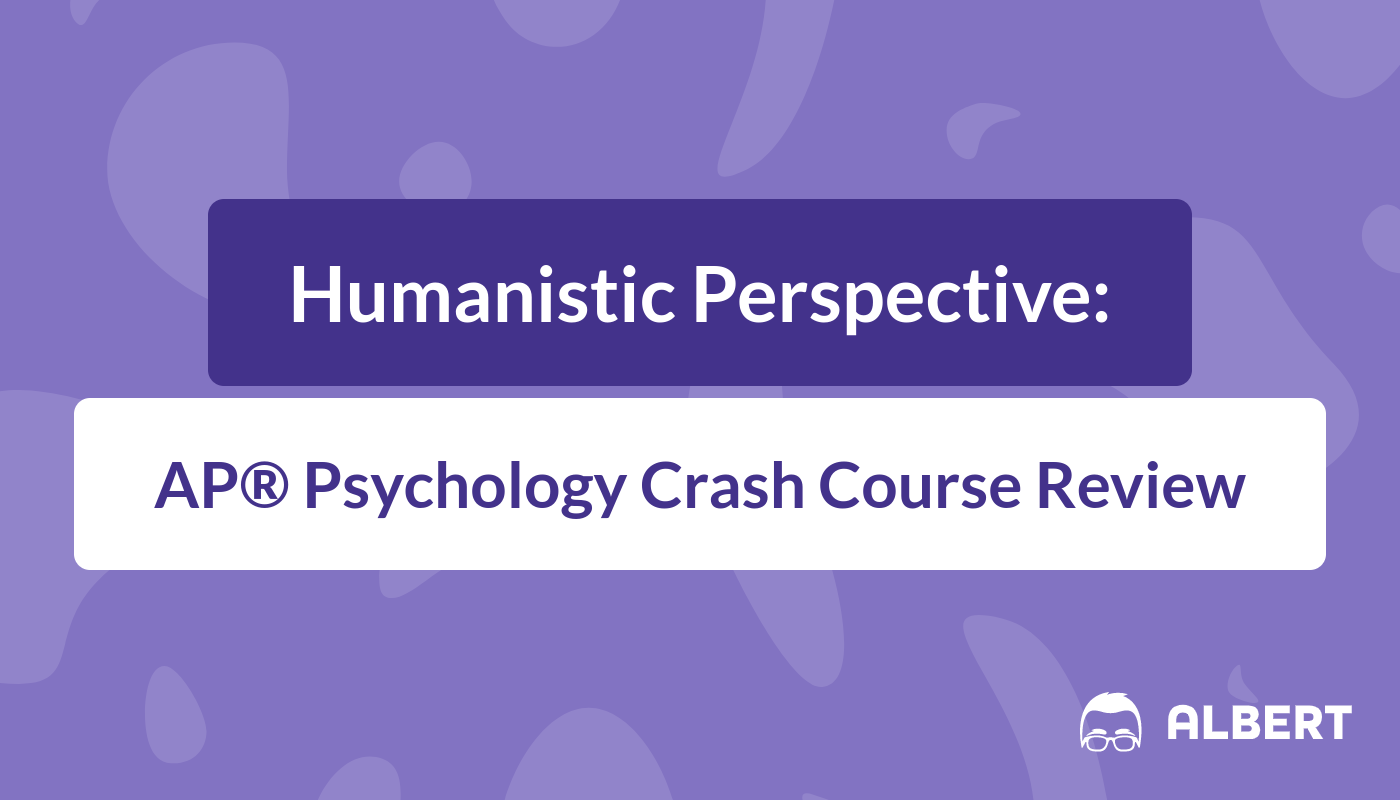One Month AP® English Literature Study Guide
If you’re reading this, then you’re likely gearing up for the final stretch of preparation for the AP® English Literature Exam. And that might seem more than a little scary. But don’t worry, we’re here to help this AP® study guide will help you sharpen your skills with processing, thinking about, and articulating a variety of English literature, from poems older than Columbus’ voyage to the first science fiction novel.

